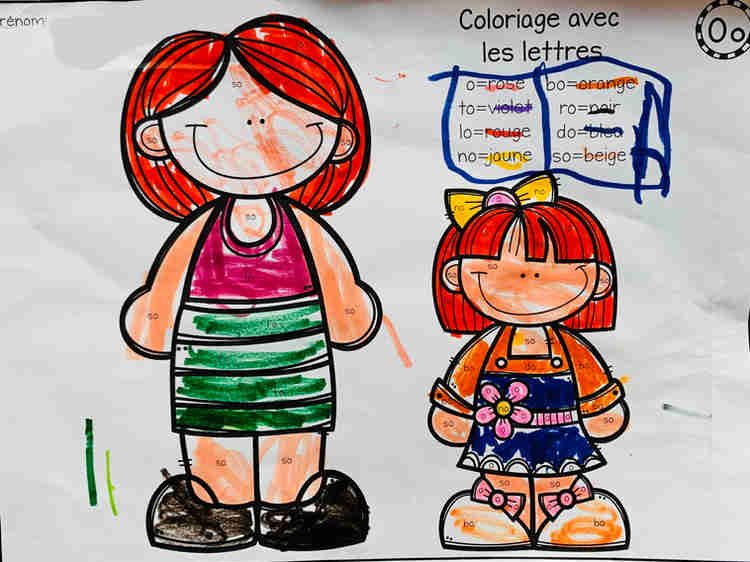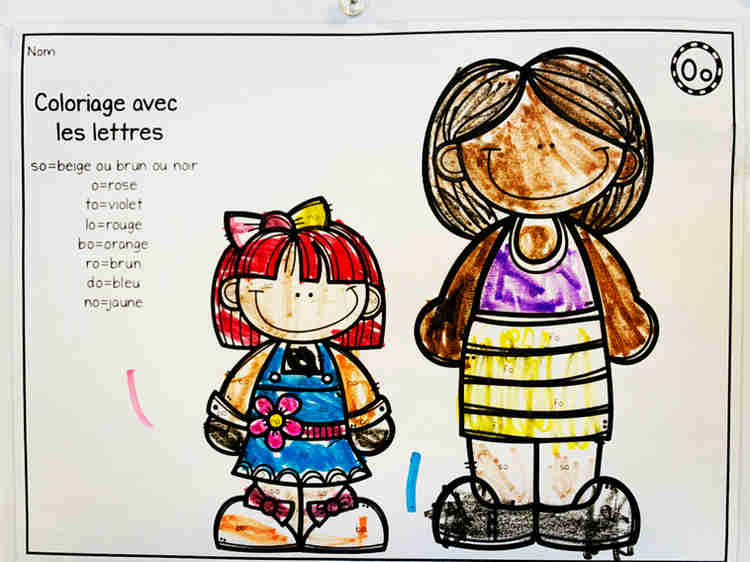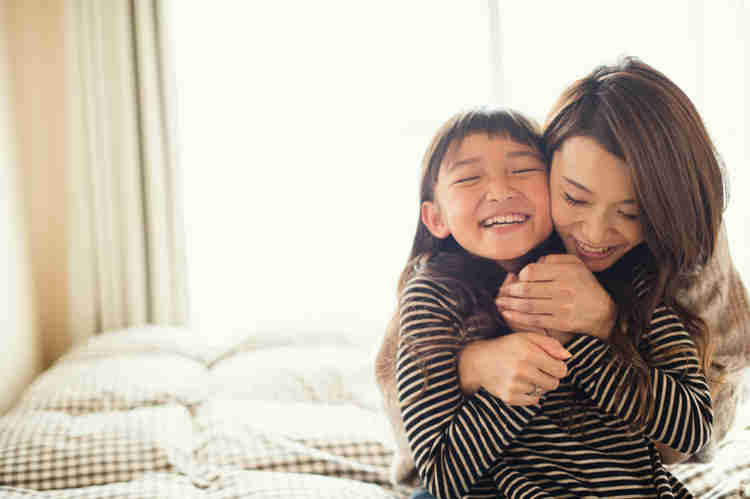You may recall our blog post from a few weeks ago discussing how colouring worksheets can uphold bias, reinforce stereotypes, and erase racialized children from the curriculum. Here’s an update on what happened after speaking up about that worksheet.

My child’s teacher responded to my email:
“Sometimes we get caught up in the hoopla of planning and don’t really take time to look deeply at the resources. Thanks for challenging our assumptions and bringing this to our attention. It is an easy fix that I can share with the creator. She is awesome and caring and I’m sure would be happy to change it to a multi option colour like “brun” ou ” beige” ou “noir” etc…We very much want our students to see themselves reflected in the curriculum and materials and thank you for bringing this oversight to our attention. Whenever we do art, we offer different colour of skin shades for markers as well as cardstock like when we did our bonhomme tout sur moi but we missed this one and it’s a good opportunity for growth and a reminder to look more closely at our materials!”
The teacher then reached out to the creator of the worksheet who promptly edited and sent a new and improved version.

I asked the teacher for permission to share her response because it includes so many ideal elements. They acknowledged the colouring worksheet was problematic, took responsibility, demonstrated an understanding of why the colouring worksheet was problematic, and took action to correct the worksheet. Also notably absent from the teacher’s response is any defensiveness or dismissiveness of the importance of inclusive materials in the classroom. They also copied the rest of the educators at that grade level and the principal so that everyone was included in the conversation and could learn from our conversation.
A pivot towards educational spaces free of bias and discrimination is possible, and that transformative change happens more quickly when families speak up and ask for change. As we’ve written previously, it is critical for white parents to participate in the work of disrupting practices that put white children and their experiences at the center of the curriculum. Every child has a right to an education that is free of discrimination and bias and to see themselves reflected in every part of their educational experience.
If you identify a piece of your child’s educational experience that is problematic, feel free to reach out to us. We are here to support families and children and to help you learn to speak up!



